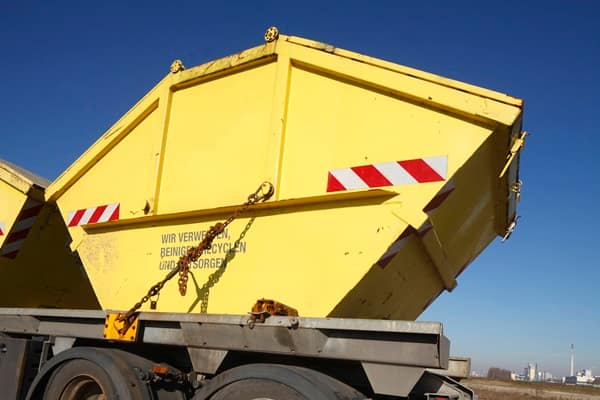
"Developers are pushing forward with major housing developments across London. And now, skip hire firms know they'll be busier than ever. More building equals more waste. Companies are scrambling to add more containers, lorries, and staff. Renovation and construction don't just build houses, they also make a lot of rubbish. In fact, construction, demolition, and excavation activities make up about 62% of all waste in the UK ."
"Even though demand is rising, skip companies are running into problems: Permit delays: Some London boroughs are slow to approve skip permits. Labour squeeze: The waste industry is short-staffed, making it harder to run big projects. Rising costs: Fuel, bin maintenance, and truck insurance are all getting more expensive. These issues could make it harder for you to book skips quickly when you need them."
"You're not just paying for a skip these days, you're paying for environmental responsibility as well. London's new sustainability rules are pushing skip hire firms to recycle more, track their waste better, and report on how much they send to landfill. This adds administrative work, and cost, for skip companies, but it's good for the planet. When you hire a skip, know that Skip Hire in London now often means stricter recycling, better sorting, and more paperwork."
London will enter a housing boom in 2025, driving sharply higher demand for skip hire firms as developers start major projects. More building produces substantially more waste, and construction, demolition and excavation account for about 62% of all UK waste. Skip hire companies are scrambling to add containers, lorries and staff but face permit delays in some boroughs, a short-staffed labour market, and rising costs for fuel, maintenance and insurance. New sustainability rules require greater recycling, waste tracking and landfill reporting, increasing administrative burden and costs. Firms are upgrading capacity and operations to try to meet demand.
Read at London Business News | Londonlovesbusiness.com
Unable to calculate read time
Collection
[
|
...
]